Throne is pleased to announce that Dr. Yong Zhao and his team published a new clinical Communication in the International Journal of Molecular Sciences (ijms), titled “Clinical, Immunological, Radiographic, and Pathologic Improvements in a Patient with Long-Standing Crohn’s Disease After Receiving Stem Cell Educator Therapy”.
Crohn’s disease is one of the common inflammatory bowel diseases (IBD) that may affect any part of the gastrointestinal tract. To date, the clinical management options for Crohn’s disease are limited, commonly applying corticosteroids to treat flare-ups of symptoms. The immune-suppressive biologics might be combined in severe subjects to block the inflammatory cytokines and other pathways. Therefore, the limits of conventional therapies highlight the need for novel approaches to treat Crohn’s disease.
A 78-year-old patient with long-standing Crohn’s disease received one treatment with the Stem Cell Educator therapy. After the treatment with Stem Cell Educator therapy, patient’s clinical symptoms were quickly improved with normal bowel movements, without abdominal pain or rectal bleeding. Flow cytometry analysis revealed marked decline of inflammatory markers such as the percentage of monocyte/macrophage-associated cytokine interleukin-1 beta (IL-1b)+cells reduced from 94.98% at the baseline to 18.21%, and down-regulation of the percentage of chemokine CXCL16+cells from 91.92% at baseline to 42.58% at 2-month follow up. Pathologic examination of the biopsy specimens from colonoscopy five weeks and six months post-treatment showed ileal mucosa with no specific abnormality and no significant inflammation or villous atrophy; no granulomas were identified. Follow-up CT scan four and one-half months post-treatment showed no evidence of the previously seen stenosis of the ilio-colonic anastomosis with proximal dilatation. Stem Cell Educator therapy markedly reduced inflammation in the subject with Crohn’s disease, leading to durable clinical, radiographic, and pathological improvements.







